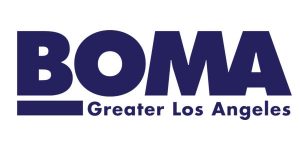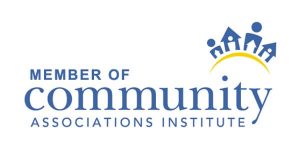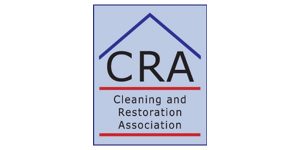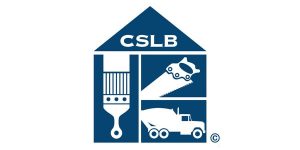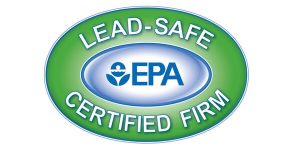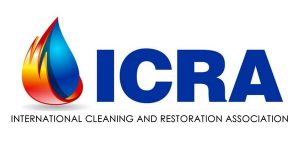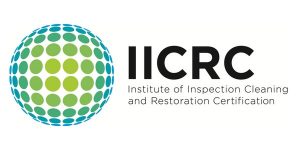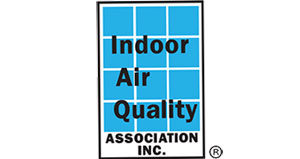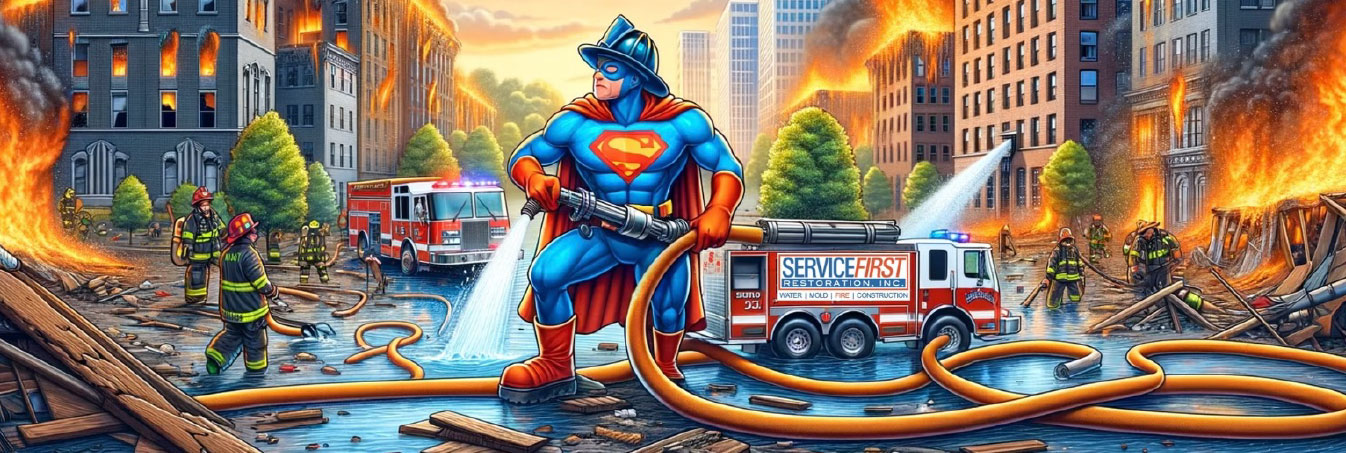
The Good, The Bad & The Ugly Of Water, Mold & Fire Cleanup
Presented by…Your Restoration Hero!
Welcome to Restoration 101, where we guide you through the essentials of property restoration. As your Restoration Hero, we’re here to tackle water damage, mold, lead paint, asbestos, and smoke & fire damage. Let’s dive into what you need to know to protect and restore your property.
March 18th From 12 To 1 PM
Fun Fact #1
One in how many homes filed a property damage claim due to water damage from 2017 to 2021?
A) 1 in 7
B) 1 in 60
C) 1 in 217
D) 1 in 2376
Water Damage Restoration
- Evaluation and Extraction
Steps to proper dry out! Start with evaluation, followed by extraction of standing water & removal of damaged
materials. - Containment and Equipment Setup
Containment & setting of equipment. Dry in place where possible (Saves time & money). More invasive if wet over
72 hours or grey/black water. - Environmental Testing
Environmental testing may be required before demolition of materials to check for lead, asbestos, etc. - Demolition and Monitoring
Demolition starts as soon as there is not environmental restrictions. Only remove materials that can not be dried
in place. After demolition, the project needs to be re-inspected every couple days until dry.
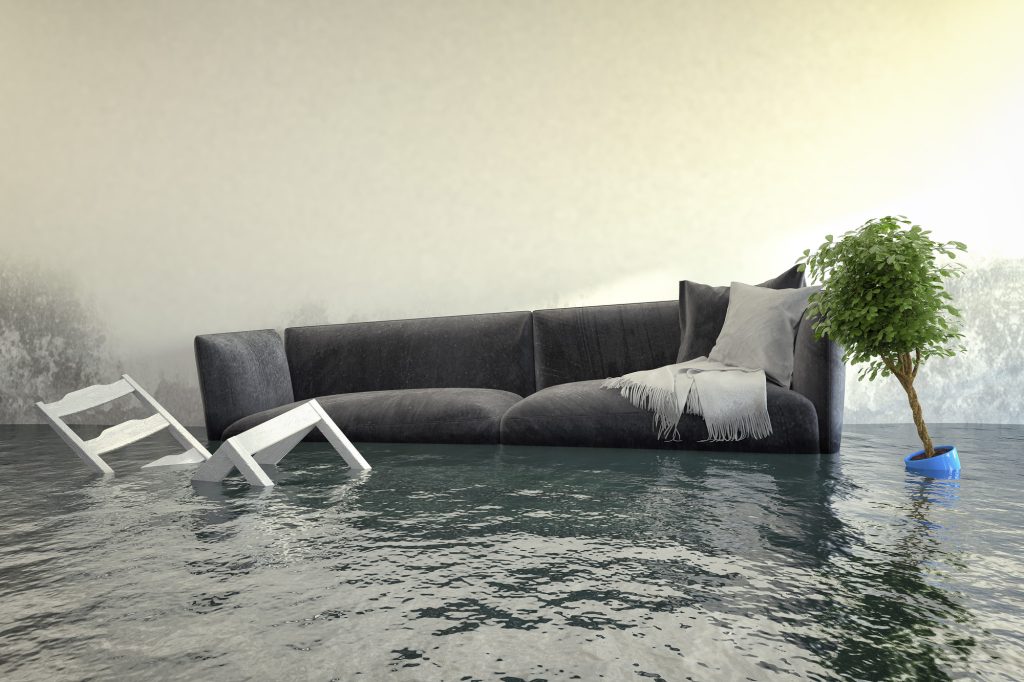
Fun Fact #2
How long does it take for mold to start growing?
A) 12 Hours
B) 3 Hours
C) 4 Days
D) 24 Hours
Mold Remediation
- Testing and Certification
Just because you see mold, doesn’t mean it is a mold remediation. Pretesting only recommended when scope of work unknown. Post testing recommended 100% of the time (CYA). Always hire AMRT Certified Professionals. - Health Concerns
When is it harmful = When made airborne. Who is most susceptible = Children, elderly, compromised immune system. - Proper Remediation
Don’t remove without proper containment. Remediation adds +-3 days to standard water damage job.

Fun Fact #3
How does someone get sick from lead-based paint?
A) Inhalation
B) Digestions
C) Absorption
D) Manifestation
Lead-Based Paint
- Testing and Location
Testing required = Built 1978 or older. Typically found in kitchens, bathrooms, windows, etc. - Health Risks
Damages the nervous system causes brain & blood disorders (or could just feel like the flu). How are you susceptible = Ingestion of chips or dust. Children are most susceptible (always on the floor). - Professional Handling
Abatement adds +-3 days to the standard water damage job. Always hire EPA RRP Certified Professionals.
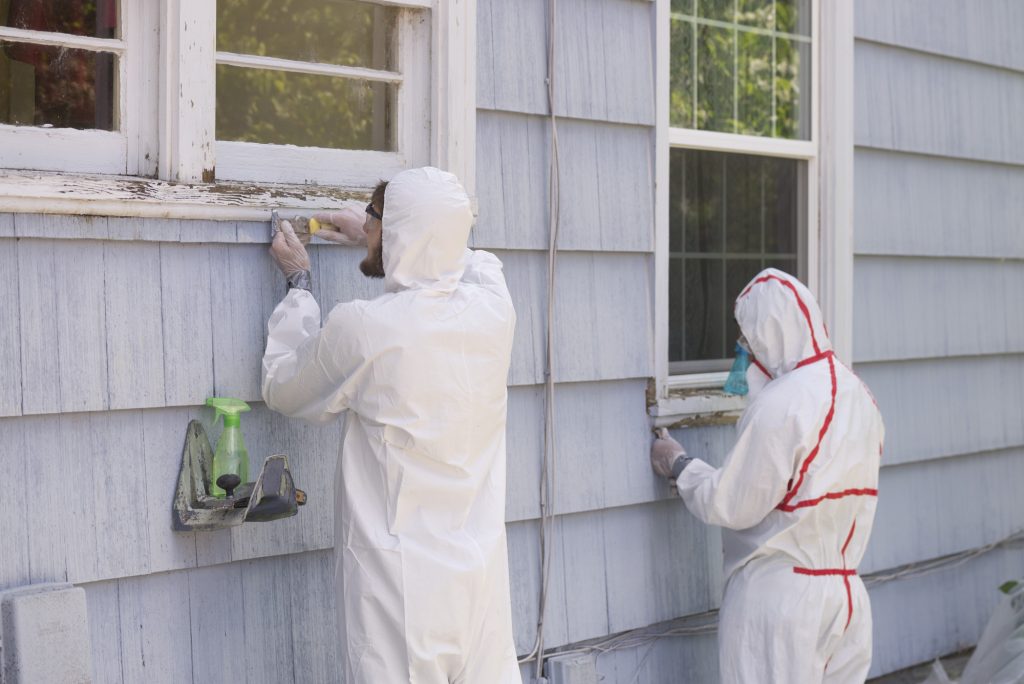
Fun Fact #4
What rule was established in 2019 by AMQD that now requires asbestos testing for all renovation and demolition activities?
A) Rule 1403
B) Rule 1206
C) Rule 1623
D) Rule 1595
Asbestos Testing
- Testing required
Any year per AQMD rule 1403 - ACM Allowable levels
USA is 1% (California is .1%!!!!!) - When is it harmful?
When it becomes “Friable” (crumbles) - How do you get sick?
Inhalation - Who is susceptible?
Everyone - Precautions
Do not open walls or disturb ACM w/o testing - Job duration
Abatement adds +-3 days to job - Professional requirement
Hire companies with proper training & certifications
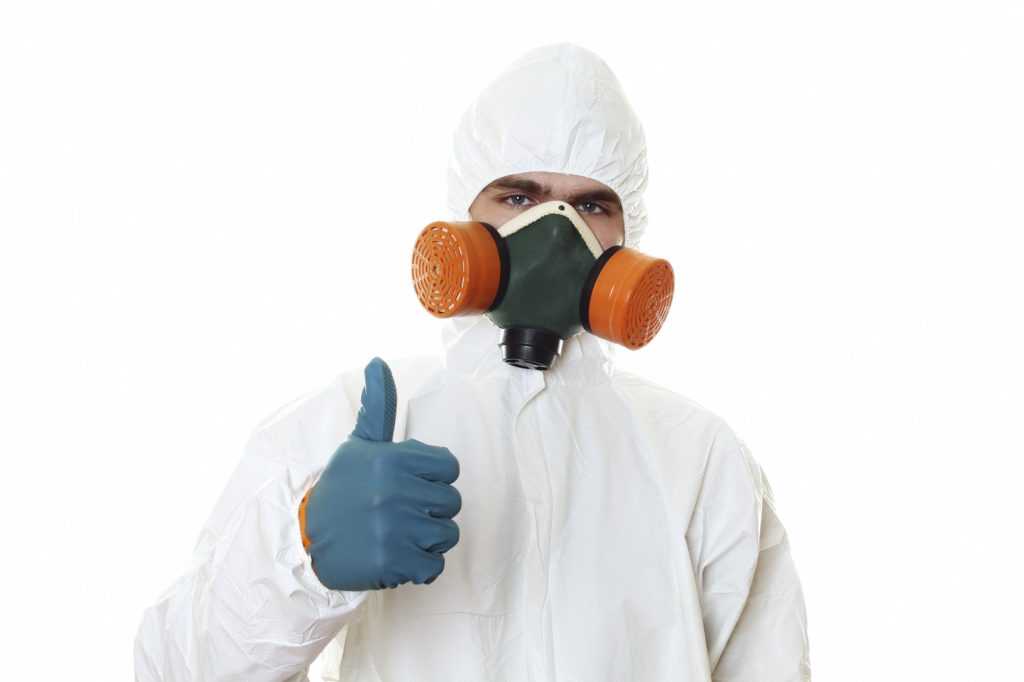
Fun Fact #5
What is the leading cause of household fires?
A) Power tools
B) Dryer Vent
C) Cooking
D) Electrical
Smoke & Fire Restoration
- Step 1: Secure
Assess property for structural damage and secure property (board up, fence, etc.) - Step 2: Emergency Repairs
Perform any emergency repairs to ensure structural integrity & extract water/start dry down - Step 3: Cause & Origin
Ensure involved parties perform their due diligence for “Cause & Origin” (Fire Dept., Insurance) - Step 4: Soot Removal
Remove Soot as it’s acidic and will cause further damage if not removed promptly - Step 5: Restoration
Once the structure is safe, clean, and dry, begin the fire damage restoration and reconstruction process
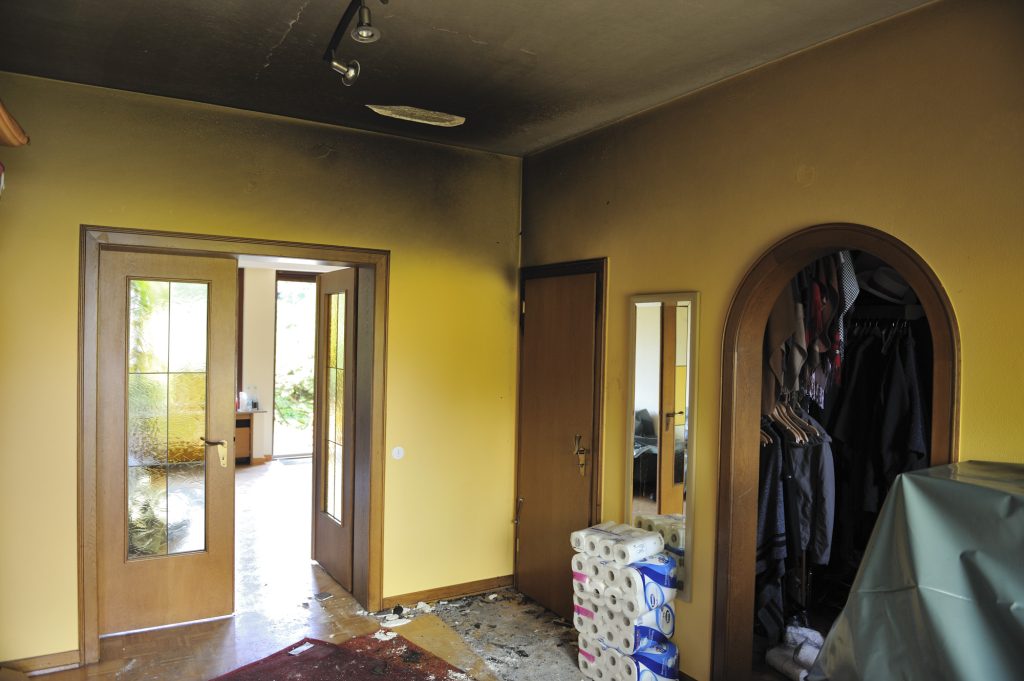
Most Frequently Asked Question?
equipment to reduce demolition, drying parts of the structure in place, reducing occupant interruption (ALE) and repair cost and project time.

